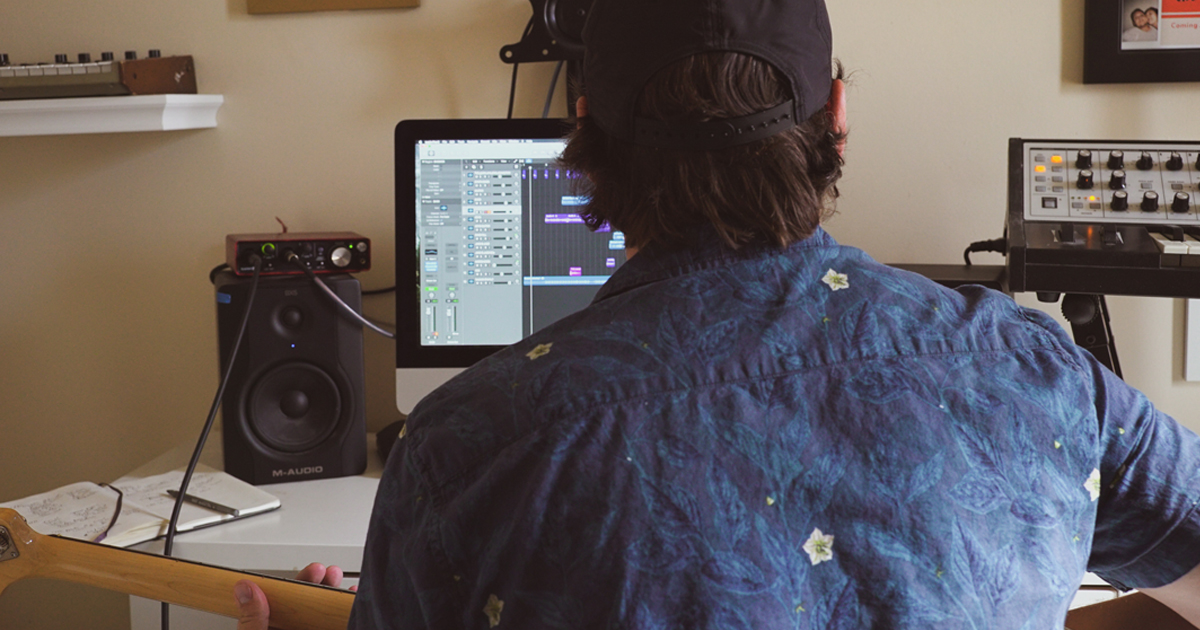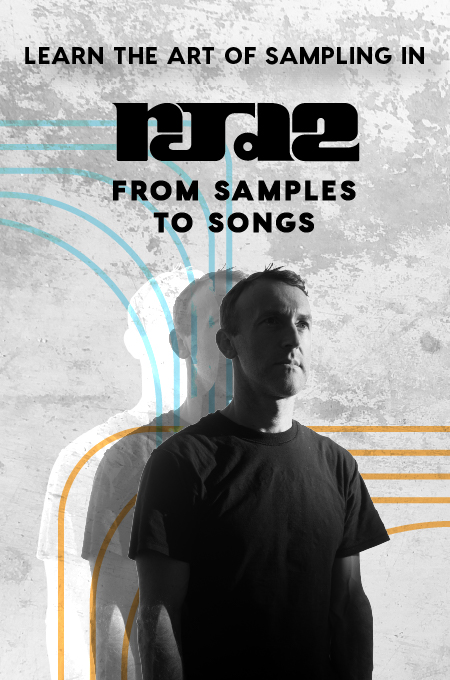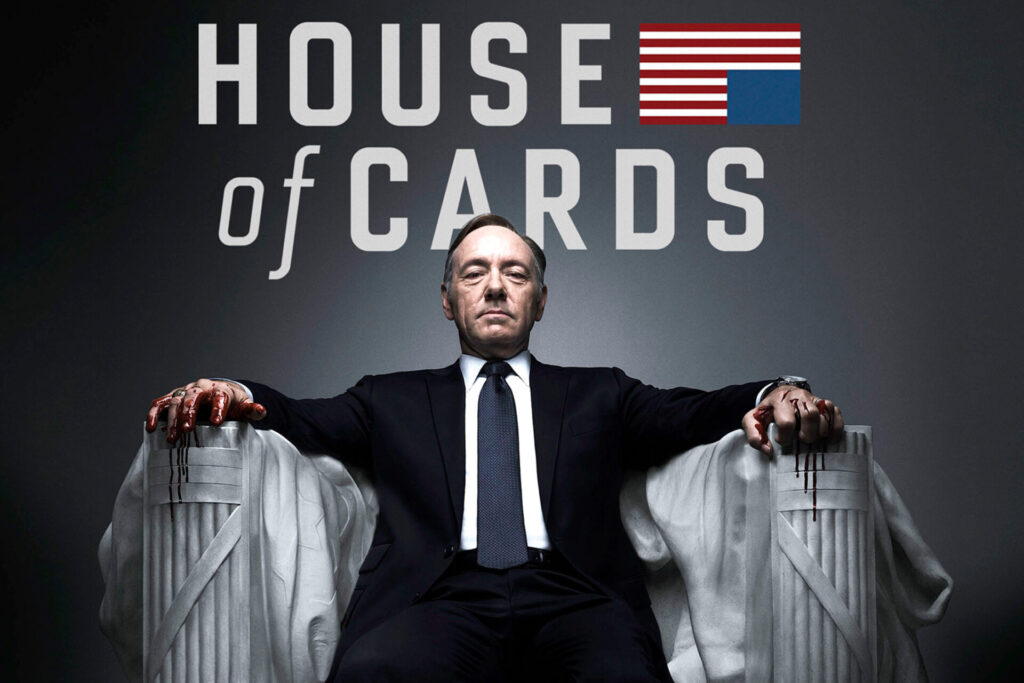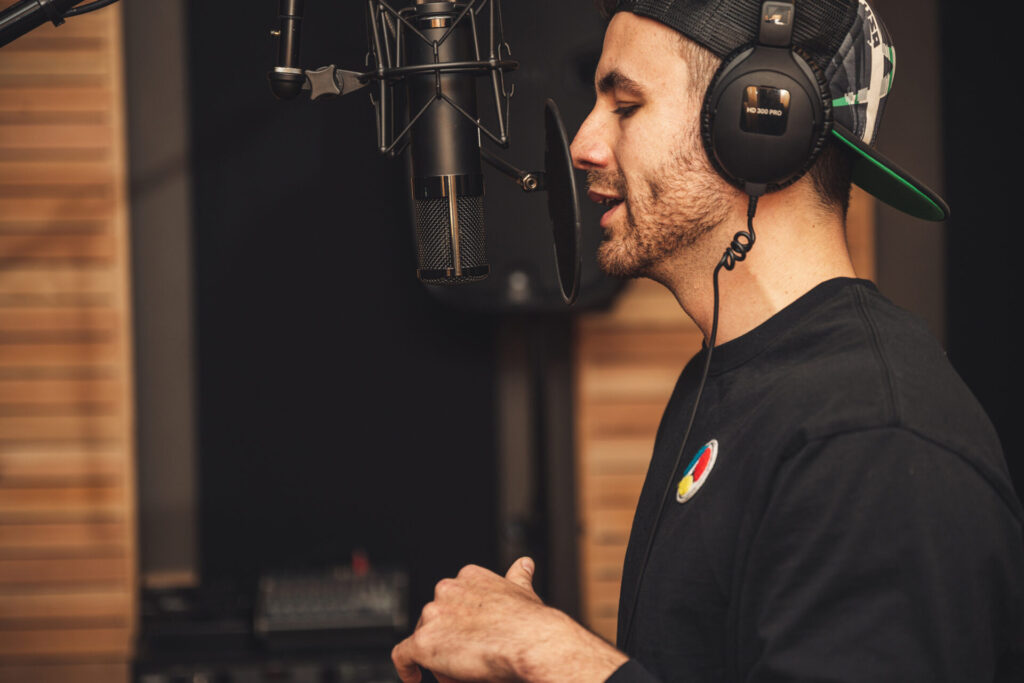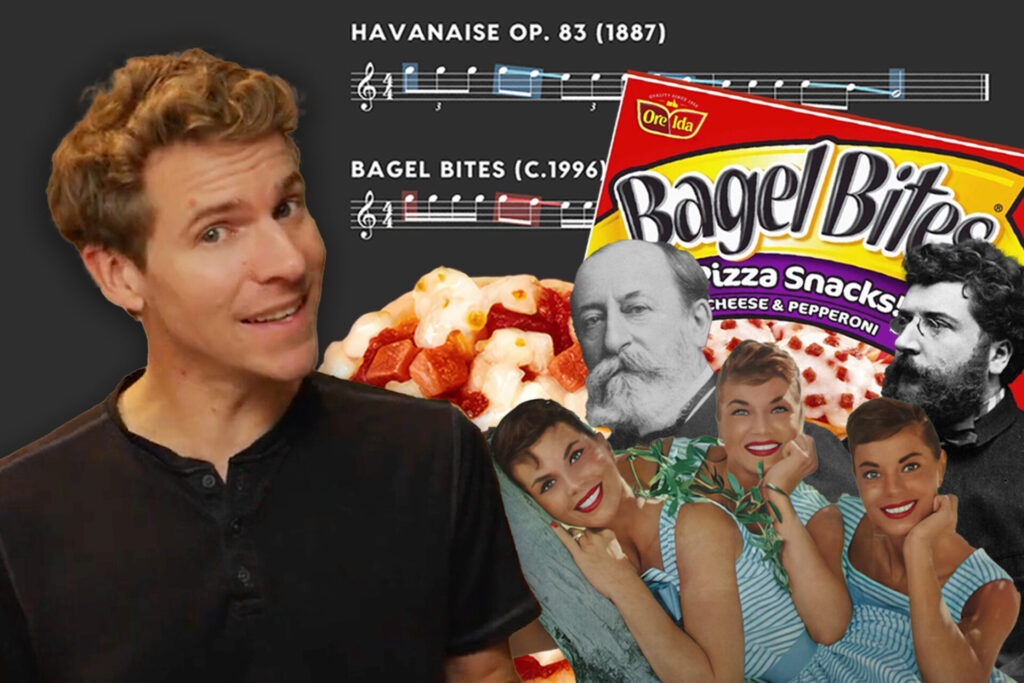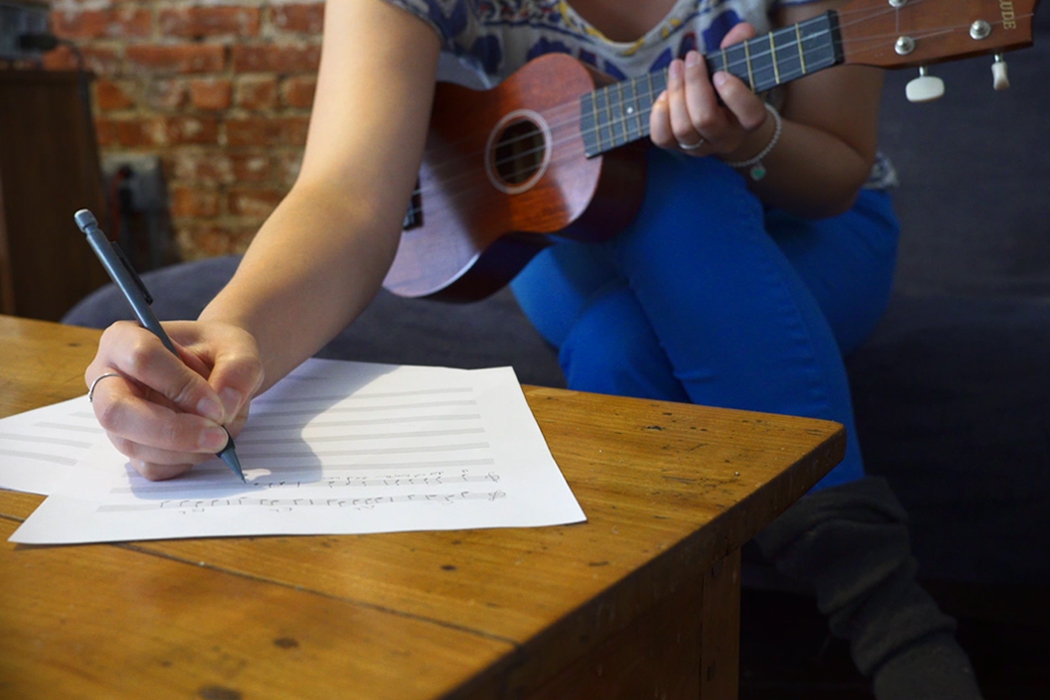
+ Improve your songwriting with Soundfly! Explore our range of courses on emotional chord progressions, basic songwriting technique, songwriting for producers, and many more. Subscribe for unlimited access here.
A song is a very fragile thing. Like a fairy tale, it’s literally an imaginary thing that gets written into existence, so it doesn’t take much for song ideas to vanish back into thin air.
Every songwriter has experienced the elation of coming up with a great idea only to see it inexplicably deflate and get forgotten — sometimes forever. Songs can die anytime during the writing or recording process, and it can be super frustrating when that happens; the following ten factors are some of the most common and murderous culprits I’ve seen.
Please try to avoid each and every one of these if you’re looking to complete the songs you start writing, but pay special attention to the ones to which you’re personally prone. And on that note, if your songs tend to die somewhere in the production process, take a look at Soundfly’s Songwriting For Producers course, which is designed to help you turn your strongest ideas into fully finished tracks!
1. Overthinking
By far, overthinking is the worst thing for your creativity as a songwriter. Creative urgency is the force that allows us to recognize ideas and develop them into songs.
When we get inside our own head too much, there’s a very real risk of questioning our best ideas to death, or of not being able to recognize them when they arise to begin with. To fight this, you’ll need to be radically accepting of yourself, whether it’s being okay following through on ideas you initially perceive as kinda weird, or not being bothered by the technical mistakes you make on your instrument when you write.
It’s ridiculous to let a great idea slip away because you’re too hung up on dissecting every single note you play on your instrument, or because you’re too afraid to create music that falls outside of a tight set of boundaries. Create first, and think later.
2. Poor Production Quality
It’s impossible to know exactly how many great songs have been ruined by bad production, but it’s safe to assume that it’s a huge number. Whether it’s over-producing (too much happening, too many effects, etc.) or under-producing (not caring enough), the wrong approach can really suck the life out of your song.
To counter this, always try to stay true to the thing about your song or seed idea that got you excited in the first place, and build your track around it responsibly. There are certainly exceptions, but most of the time, the general role of production is not to completely alter a song, but to usher its initial feel and identity to its full potential. Focus on highlighting what’s special and unique about your song, about its centerpiece (whether that’s the vocals, the chords, the lyrics, etc.).
Production tends to fall flat, or can even become destructive, when the results end up making organic elements sound unnatural, inhuman, and boring. Nowadays, you have every tool at your disposal to make your music sound “perfect,” but doing so can also lead to transforming your best ideas into boring songs listeners won’t be able to connect with.
+ Learn songwriting, theory, production, composition, arranging, mixing, and more — whenever you want and wherever you are. Subscribe for unlimited access!
3. Watering Down Ideas
Sometimes great initial ideas can lose potency or intention over time. Think back to the concept of creative urgency. It may take time, but learning how to listen to your inner voice and recognize what specifically makes your idea interesting and unique from the outset — so that you can centralize it and build on it — is an invaluable skill to develop as a songwriter.
Trust yourself, and don’t pander to an imaginary audience with watered-down taste. If you’re genuinely excited about an idea, it’s probably for a good reason. Trust your intuition, and try fully developing those raw ideas before altering them.
4. Weak or Uninspired Performances
Yes, practicing before a recording session is vital, but a lot of musicians struggle to bring the same heart and passion into their performance when the mic is turned on. There’s so much at stake when you’re recording that you sometimes lose sight of just letting your emotions rip.
Focus on what you love about your song, and, as long as you’re confident musically, prioritize playing with genuine feeling and passion over everything else. A musically “perfect” performance won’t stand up to one that’s executed with passion and purpose, even if it’s chock full of mistakes.
5. Underdeveloped Ideas
The experience of stumbling on an interesting verse, chorus, or bridge that goes nowhere is a frustrating one. So frustrating, in fact, that some songwriters stitch together unrelated ideas together just to come up with a finished song, rather than doing the hard work of creating functionally developing songs.
But, too often, this is a bad strategy.
False starts are part of the songwriting process — and it’s okay to let ideas sit, and marinate for months if not years, in order to make them work. If you’re struggling to find a proper home for a great idea, it’s okay to give it some time and space to develop in your mind, into something bigger and, ultimately, complete. Some undercooked ideas just won’t resonate with listeners the way you want them to.
6. Insecurity
Trust is something we talk a lot about in music when it comes to bandmates and collaborators, but it’s a crucial trait when it comes to how a songwriter views her or himself. No matter who you are and what you’ve accomplished in music, the process still comes down to you and your ideas, and you need to stand behind them.
Insecurity is a big issue for amateur as well as professional artists. Take steps to combat it by focusing on your strengths and your areas of passion. I guarantee that if you’re exuding confidence when you perform or record, the audience will join you; it’s almost never a competition between you and your audience. Most of the time, they’re rooting for you to succeed.
+ Looking to produce better music and make more fluent use of the emotional capabilities of chord progressions and harmonic theory? Preview Soundfly’s Unlocking the Emotional Power of Chords course for free today.
7. Playing It Safe
From sophomore slumps to lost ambitions, playing it safe is one of the most lethal song-killers around. Unfortunately, the more you try to create what you think others want, the weaker your music will end up. If you find yourself making unnecessary changes to your music that stray far from your original idea, get to the bottom of why. If your motivation has to do with chasing success, or is rooted in a fear of ideas coming off as too strange or too complex, it might be time to start back at step one again.
8. A Lack of Identity
Some songs lack a clear and distinct voice. When this happens, a piece of music isn’t necessarily ruined, but it’s likely listeners might not be able to engage with it.
If you want any chance of reaching listeners with your music, your songs need to have some kind of discernible identity. Whether that’s related to your artistic identity at large or something you carve out with each individual song you write, a song needs to fit into a larger context that listeners can pick up on in order to land.
9. Collaborators Not on the Same Page
When bands, co-writers, and other songwriting partners make music, there’s always the risk of good ideas getting bogged down by contrasting visions and opinions. Ideally, when multiple writers work on a song, the music will benefit from different voices coming together to create something completely unique. But collaborations can also ruin a session when egos precede creativity, or when the song gets pulled in too many directions.
Every collaboration is different, but for these partnerships to be successful, a give and take has to happen in a way that prioritizes music above everything else.
10. Bad Recordings
You might be a great songwriter, but that doesn’t mean you have the tools to record your ideas in a way that represents them at their full potential yourself. If this is the case, you can either pay a studio engineer to do the work for you, or you can build those production skills and commit to improving.
And for that, Soundfly can definitely help! With online courses on recording, mixing, producing, and songwriting both in and out of the DAW, simply subscribe to start learning everything you need to know to develop your musical ideas into fully fleshed out songs.

